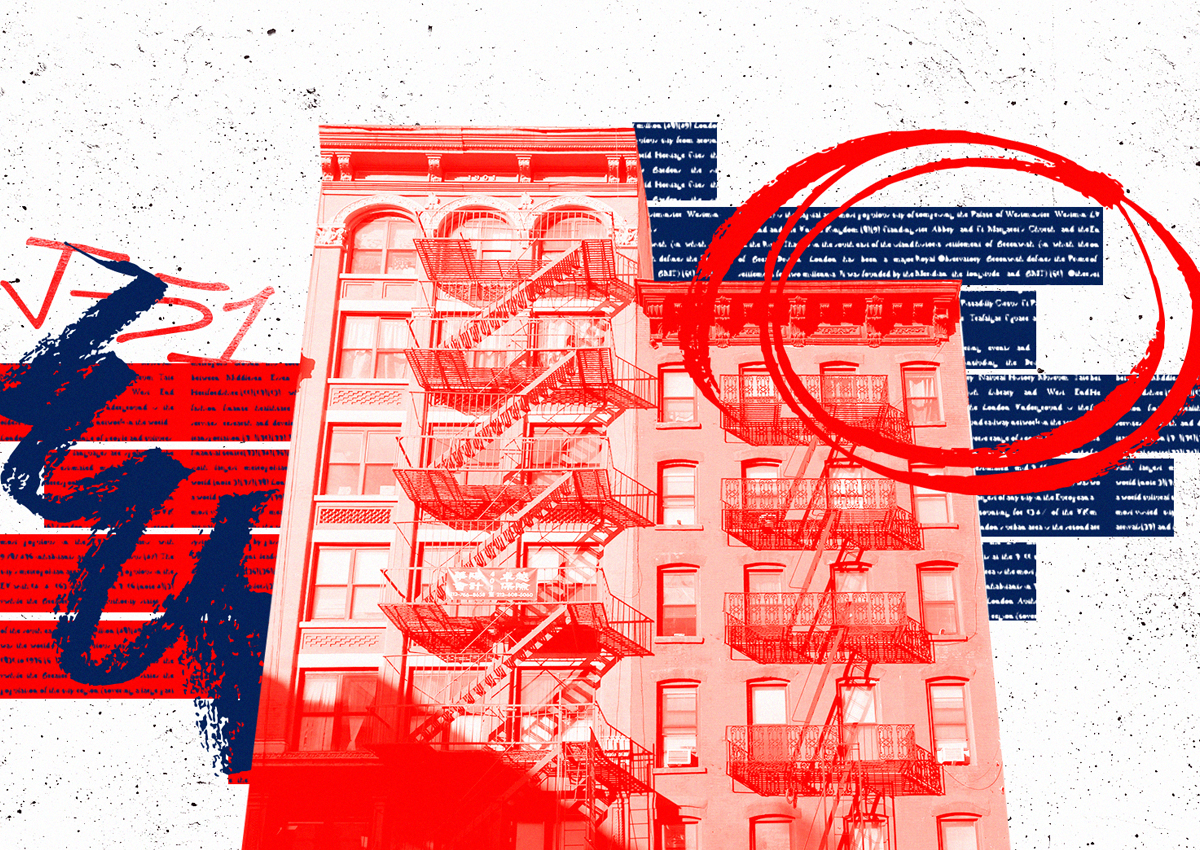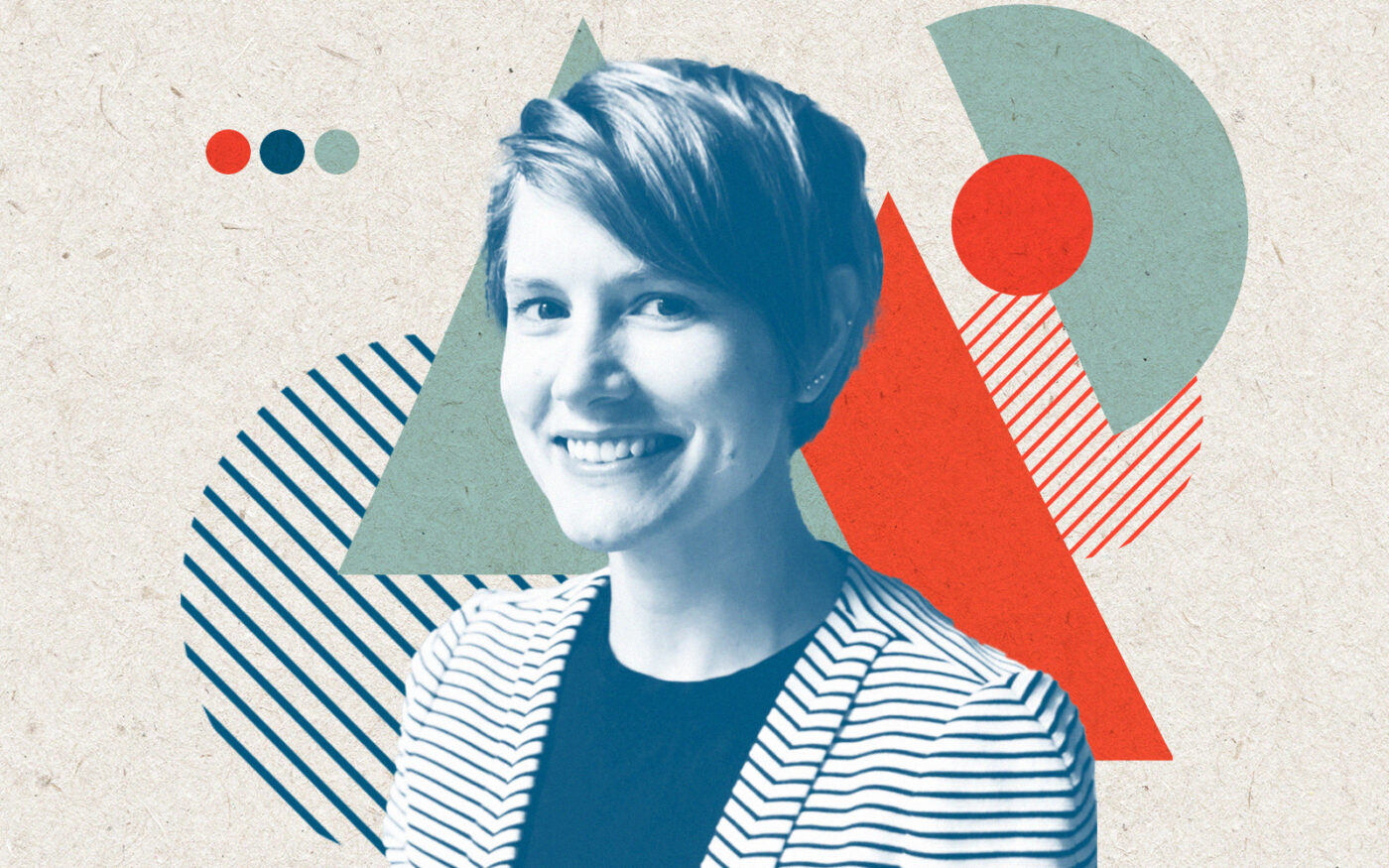This will not go down as the year of the Yimby in New York.
Gov. Kathy Hochul’s Housing Compact, which set housing mandates for jurisdictions throughout the state, fell flat. The legislature then failed to replace it with anything to increase housing supply or tenant protections.
But the state’s main yes-in-my-backyard group, Open New York, is determined to build on what it sees as an encouraging shift in the debate about the state’s housing crisis. The young advocacy organization has ramped up its staffing and spending in the past year.
Annemarie Gray, who took over as executive director in October, spoke to The Real Deal about the disappointing legislative session and the group’s strategies for getting more lawmakers to embrace its priorities.
Open New York has promised to return next year with a “stronger pro-homes coalition.” Stronger, how?
We worked with a lot of housing groups that were also focused on supply measures. We were partnering with progressive groups that were clearly fighting for tenant protections, and also really recognizing the challenges with exclusionary zoning.
“A lot of parts of the real estate industry are doing just fine with the status quo, with a housing shortage.”
But there were a lot of groups that weren’t fully engaged for different reasons. We’re thinking a lot about: How do we do more with labor, environmental and climate groups? How do we partner a lot more with seniors who are really struggling with downsizing? How do we think about working with groups like teachers, nurses who can’t find housing near their jobs? Organizing young people just out of college stuck at home with their parents?
Unfortunately, this is an issue — unless you’re really, really wealthy — and frankly will probably only get worse before it gets better.
Do you envision teaming up with the Democratic Socialists of America on good cause eviction, which you both support? Has DSA resisted aligning with Open New York?
The path to success for a package of comprehensive reforms that actually address the housing crisis from a lot of different angles requires both moderates and progressives. We’re new to this space. We’re making a lot of formative relationships and a lot of connections. We are really nimble and ready to work with anyone who’s invested in real solutions.
At the outset, did you expect the governor’s Housing Compact to pass?
The positive side of this is that we’re now having the right conversation about housing, that recognizes the need to create more of all kinds of it, in a way that wasn’t there last year.
We thought that the governor’s Housing Compact was a really good starting place. There clearly wasn’t enough ground game, education, enough bringing people on earlier and helping form that broader coalition. Other states are further along in terms of actually talking about how you really address the housing shortage with land use and zoning tools. We also saw that the governor was not someone who was able to pass one of her main pieces of policy this year.
So we clearly need to build a more distributed set of political champions. We need a wider range of people that are really taking ownership [of] this as a problem. And we need to keep the governor accountable, to keep focusing on this.
What were you hearing from lawmakers about their willingness to work with the governor on her housing plan?
Out of the gate, a lot of opposition. You saw a really strong opposition from the Republican Party, from suburban opponents. Frankly, a lot of them benefit from the status quo and just had no interest in engaging. There was a lot of confusion, a lot of misinformation when it was released.
There is room for good-faith conversations about some of the real concerns and alternative options. We talked to some legislators who I think were interested and recognize the problems, and we need to figure out how to help them work through different tweaks that people were talking about on the inside, [that] never quite saw the light of day.
“The legislature didn’t want to meaningfully engage. There was a lot of finger pointing, making it look like you care. But you’re not actually passing anything.”
That being said, this is going to be hard. I don’t want to pretend that Albany is easy. We’re gonna push this as you would any political campaign and be really clear-eyed about who’s potentially movable, who isn’t. You hear a lot about the suburbs and their opposition. The suburbs aren’t a monolith. We’re thinking about the places where there is more work to do and more opportunity and just more organizing needed.
How would you characterize advocacy from the real estate industry?
A lot of parts of the real estate industry are doing just fine with the status quo, with a housing shortage. That’s not true of everyone. But they weren’t groups that we were talking to regularly. We didn’t see them come out for the Compact. Frankly, I think it’s the opposite.
Nobody got anything out of this session. And I think there’s a lot of recognizing that we all have to be able to work together and figure out how you can build a package that actually makes sense. But I think it’s easy to forget that there are a lot of people who benefit from a housing shortage. We’re trying to figure out the people who are recognizing that that’s not good for New York.
Do you think the legislature had the votes to pass the housing package it withdrew last week? If so, why didn’t lawmakers just dare the governor to veto it?
I think if they had the votes to pass it, they would have no excuse [but] to try to pass it and send it to the governor for a veto. So I think they’re showing their own hand, the fact that they didn’t do that.
Why did it play out that way?
You saw this multiple times throughout the session, that the legislature didn’t want to meaningfully engage on a real housing package. And there is not yet enough political cost to inaction. There’s a lot of finger pointing, mak[ing] it look like you care. But you’re not actually passing anything real.
Does Open New York expect — or have the capacity — to punish lawmakers who oppose housing reforms?
Absolutely. We do endorsements. We’re thinking a lot strategically about how we build up that side of Open New York.
In a lot of other states, you need to run new candidates that are really putting this issue at the center. We’re very focused on: Who are champions that can be built up more? How do we really make sure that the people who are steadfastly opposed to this stuff, that they feel like there is a cost to opposing something that is wildly popular? How do we eventually start to run people? We have members who want to run for office eventually.
Read more



